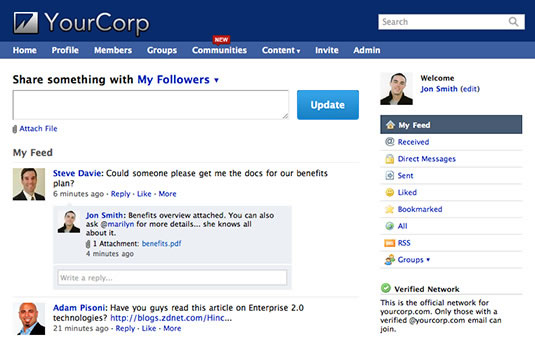I find this stuff so that you don’t have to.
- How to work with online communities at Helpful Technology – "But there are many other ways to build relationships, and lots more experience to share. To help explore this further, I’m helping to convene Meet The Communities, a free, one-off event probably in Central London during September, bringing together some of the leading online communities with the government clients, PR & digital agencies for an afternoon of storytelling and speednetworking."
- App Inventor and the culture wars – O’Reilly Radar – "Creativity–whether the creativity of others or your own–is what makes life worthwhile, and enabling creativity is a heroic act. Google has built a culture around enabling others' creativity, and that's worth celebrating. "
- The Big Society – the evidence base – "Building on David Kane’s blog-post on the numbers behind the Big Society, the NCVO research team is keen to explore in greater depth the evidence behind this important policy agenda which emphasises the need to transform the relationship between citizens and the state."
- Should Governments Develop iPhone Apps? – "No, governments should not develop iPhone apps, the community should."
- Why Google Cannot Build Social Applications – "With Google applications we return to the app to do something specific and then go on to something else, whereas great social applications are designed to lure us back and make us never want to leave."
- WordPress Plugins to Reduce Load-time : Performancing – Doubt my blog will ever run into performance problems due to traffic, but some interesting stuff here nonetheless.
- BBC – dot.Rory: Martha’s manifesto – "But it's hard to see how the pledge of universal web access for the UK workforce – which may well be backed by the prime minister later today – can be fulfilled without some government money."
- UK Government Goes Social for Budget Cuts: Do Not Hold Your Breath – "Once again, this is the unavoidable asymmetry of government 2.0 in action: it is easier (and certainly more pressworthy) to call for ideas on channels that government controls, rather than to gather them where they already are."
- How Local Government can do Facebook « The Dan Slee Blog – Great roundup and hints and tips from Dan.
- CycleStreets: UK-wide Cycle Journey Planner and Photomap – "CycleStreets is a UK-wide cycle journey planner system, which lets you plan routes from A to B by bike. It is designed by cyclists, for cyclists, and caters for the needs of both confident and less confident cyclists."
You can find all my bookmarks on Delicious. There is also even more stuff on my shared Google Reader page.
You can also see all the videos I think are worth watching at my video scrapbook.

